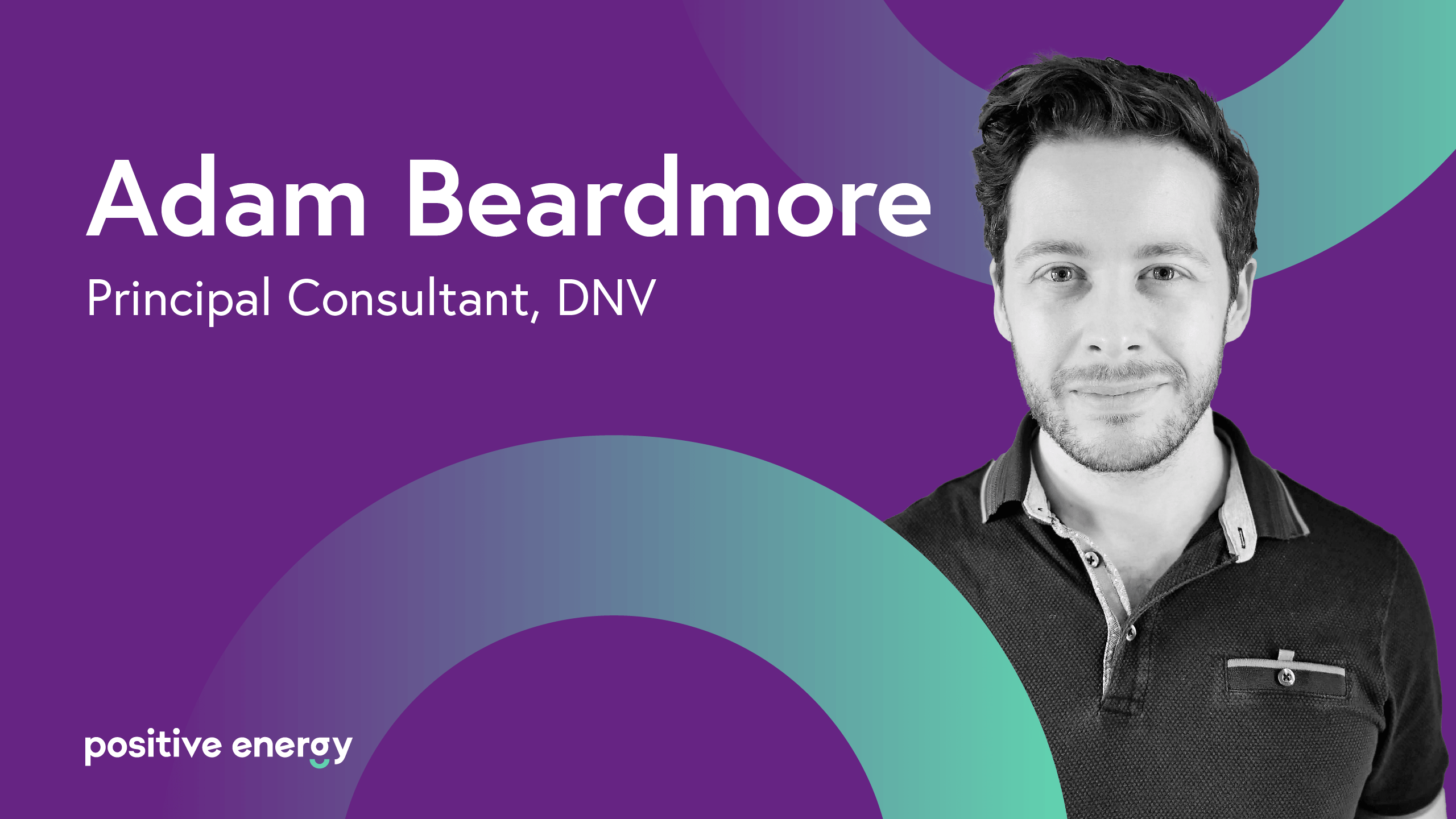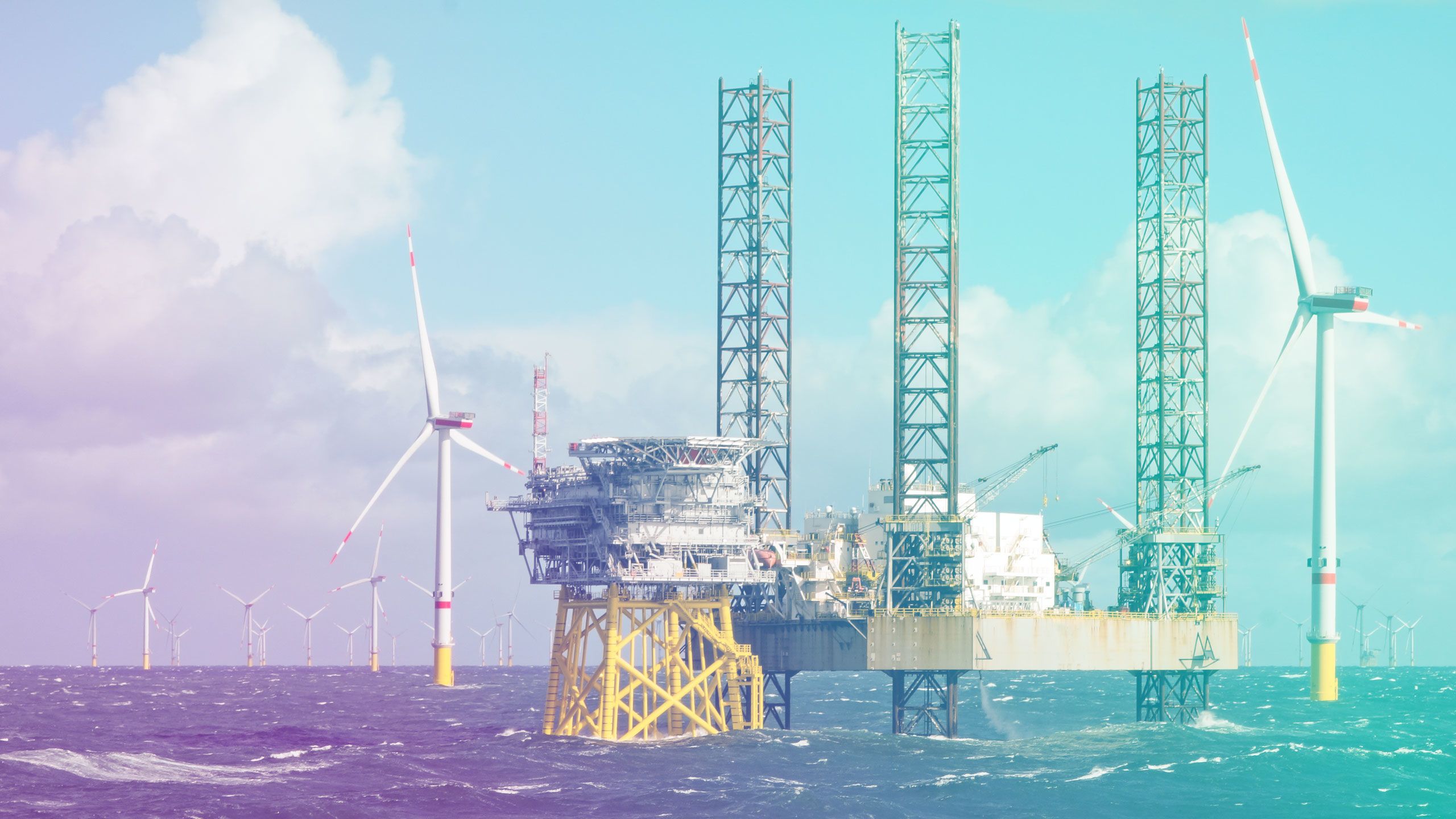
Helping decarbonise the Humber, one of the UK’s largest industrial clusters.
Loughborough-based Adam (32) is a principal consultant at DNV, an independent expert in assurance and risk management. With a lifelong passion for problem solving, Adam draws on logic and innovation to help companies deliver global energy solutions that reduce our reliance on fossil fuels.
I was the first in my family to go to university and the first to work in engineering, so I didn’t have much prior knowledge as to where my career would eventually take me. Having been born and brought up in the Manchester borough of Rochdale, I studied chemical engineering at the University of Newcastle and it was there that I met my wife. After spending time in different cities, we’ve settled in North Lincolnshire, and I work out of the DNV offices in Loughborough.
Growing up I had a keen interest in music, playing piano, saxophone and baritone – and was lucky enough to perform at the Royal Albert Hall. I even made an appearance on Blue Peter! Though I enjoyed the creativity of making music, it was in the pursuit of problem solving that my passions lay academically. The logic-based approach in science and maths builds a strong base for tackling the complexities of real-world challenges.
This logic-based approached has suited me well over my time in the oil & gas sector, where I’ve had the chance to work across many different areas – a reflection of how interesting our industry is and how it’s an ideal environment to develop transferable skillsets. I’ve worked offshore on multiple platforms where I travelled to work by helicopter, and when my son was born I moved back to an onshore role in the office which coincided with studying for an MBA from the Open University. This role was in business development for our upstream assets (the earliest portion of the oil & gas production process) in the Humber region and allowed me to draw on the range of experience I’d built during my career.
I also represented the company on the Equinor-led Zero Carbon Humber project, which aims to decarbonise the Humber industrial cluster. This was a real career highlight for me and a fantastic project to be involved in. The ambition and scope is huge, with significant investment from private companies in the region, and it provides an opportunity to drive growth and job creation within the area while addressing the largest source of industrial emissions in the UK.
I recently joined DNV as a principal consultant in its energy strategy advisory team, which delivers global energy solutions that aim to reduce our reliance on fossil fuels. As the UK’s largest industrial cluster with a diverse industry portfolio, being based in Humber is hugely exciting as it’s one of the preeminent areas in the UK for the energy transition – that is, the move towards zero-carbon energy sources. As well as its efforts to decarbonise industry, the region also has significant offshore wind developments which play a key role in the UK’s commitment to 40 GW of offshore wind by 2030. This mixture of renewable energy, industry, offshore infrastructure and marine operations makes the Humber an ideal development hub and somewhere that the rest of the UK and the world can learn important lessons from.
It’s an interesting time to be working in oil & gas as it faces its largest challenge to date in meeting the need for global zero carbon emissions. I personally think digitalisation will be critical in meeting these challenges and championing new innovations is important to test what is possible. A recent example for myself was managing a joint research & development project to test augmented reality overlays for frontline workers. This cutting-edge technology helped teams to explore different scenarios and responses – including completing procedures and emergency and remote support, demonstrating the benefits to operations of integrating technologies.
Though the challenges ahead are complex, to me, this is an exciting time to be involved in our industry as we explore how to do things differently. For someone entering the industry, my advice would be to consider questions like: how is energy generated, how is it distributed and what are the end customer demand patterns. Only when you start thinking about each of these stages will you appreciate how many challenges (and opportunities) there are in meeting our net zero commitment.
How you can have your say
We need reasons to be hopeful, and we hope you’ll find them while exploring our site. We’d love to hear any feedback, stories or questions you have as you join us on this journey.
Get in touch at support@positiveaboutenergy.com

